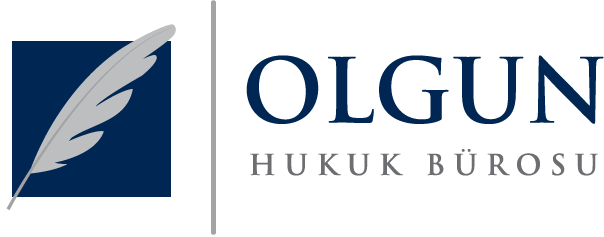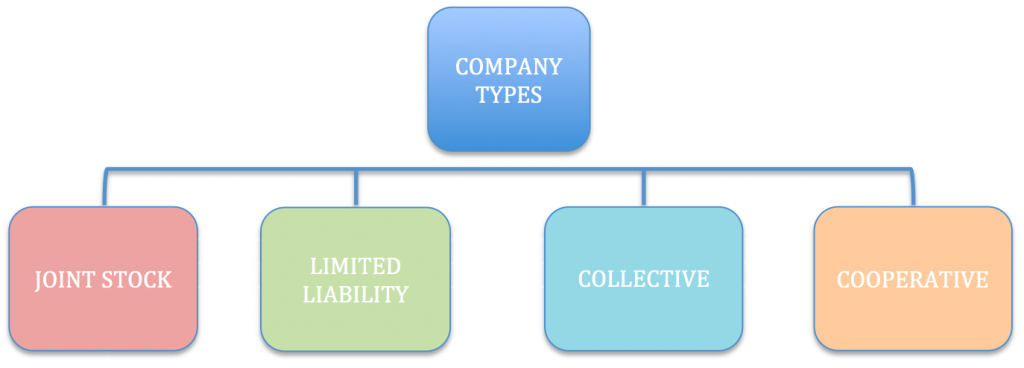Company Types and Structures - JOINT Stock Company
Company structures in Turkey are; joint stock companies, limited liability companies, collective companies and cooperative associations.
The legal differences between those company structures mainly concern the allocation of liability. However due to the favourable position concerning the liabilities borne by shareholders, joint stock companies (anonim şirketler) and limited liability companies (limited şirketler) are the corporate structures in Turkey most commonly preferred by the investors.
In this post the essential structural elements and distinguishing characteristics of Joint Stock Companies will be highlighted.
Joint Stock Companies
1. Establishment
The new Turkish Commercial Code (“TCC”) allows the establishment of joint stock companies with only a single real or legal person shareholder where pursuant to the former code, joint stock companies could be established with a minimum of 5 shareholders.
Joint stock company is the most common company type which shall be established by the founder shareholders via declaration of their intent to establish such company by unconditionally committing themselves to pay entire amount of the capital stipulated by the articles of association of the establishing company that is signed by the share holders and authenticity of such signatures shall be approved by a notary public.
2. Management
Joint stock companies are managed and represented by the board of directors. Pursuant to new TCC, board of directors may consist of only one member.
Members of the first board of directors shall be assigned by the articles of association while the subsequent members shall be elected by the general assembly of the shareholders. Board members are elected to hold office for a maximum of 3 years; unless otherwise specified in the articles of associations, the same person may be re-elected.
3. Audit
Audit system on the financial statements of the joint stock companies has been completely changed. New TCC established a system which independent audit organizations, sworn financial advisors or independent financial advisors’ continuos audit on the financial statements and reports. Pursuant to the Council of Ministers’ Decision numbered 2012/4213, three criteria were set for the determination of whether a company is subject to independent audit or not. These criteria are as follows:
i. Total assets; TL 150 million or more,
ii. Annual net sales revenue; TL 200 million or more,
iii. Employee number; 500 employees or more.
4. General Assembly
Shareholders exert their rights regarding company business in the general assembly. General assembly adopts its resolutions via the general assembly meetings.
General assembly meeting are convened either ordinarily or extra-ordinarily. Ordinary general assembly is held once a year within 3 months following end of the financial year of the company. Extra-ordinary general meetings can be held whenever it is deemed necessary.
5. Responsibilities of the Shareholders
Liabilites of shareholder are limited to the capital amount committed to Joint Stock Corporation.
6. Liquidation
A liquidator or board of directors shall carry out the liquidation process. The creditors of the company shall be called upon to apply within 1 year and present their documents. The official liquidation formalities to be executed with the local authorities takes around 12-16 months and all the fiscal requirements should be met during the liquidation period.

